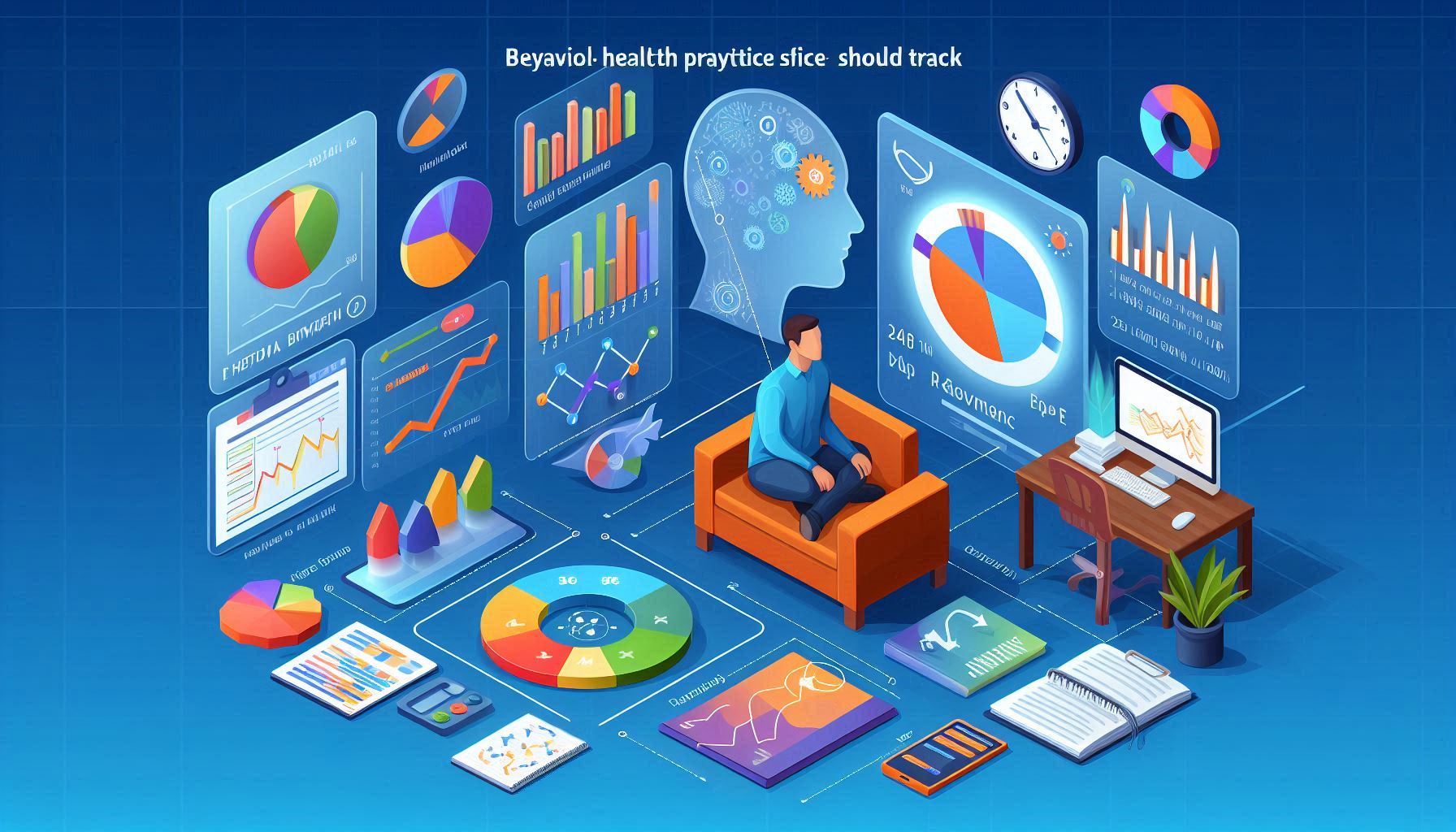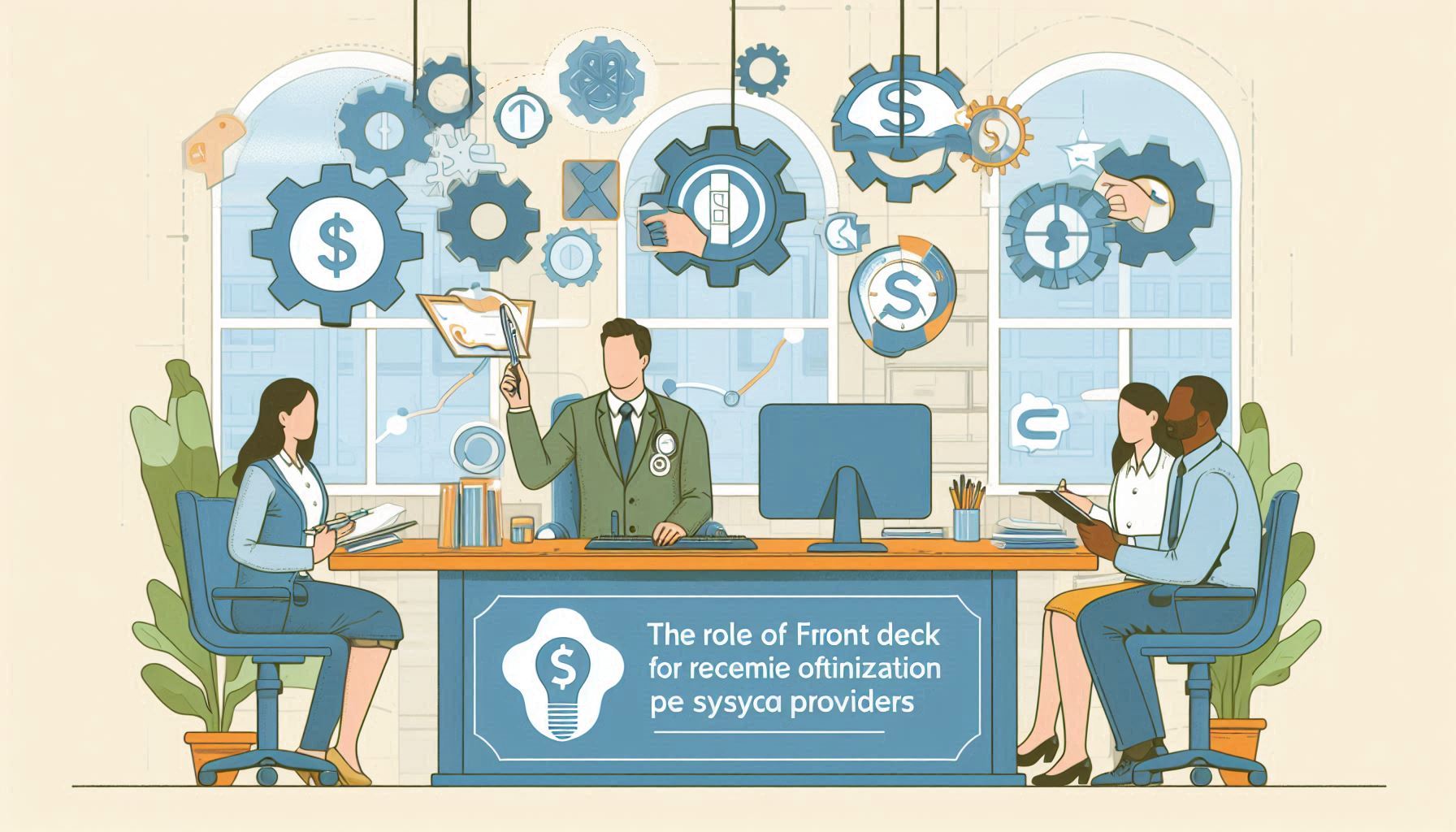-

How RCM Impacts Your PsychCare Practice’s Profitability
Introduction: The Financial Lifeline of Behavioral Health In today’s increasingly complex healthcare landscape, PsychCare providers are tasked with not only delivering compassionate, high-quality mental health services but also navigating a maze of financial and administrative processes that determine the viability of their practices. At the heart of this delicate balancing act lies Revenue Cycle Management…
-

RCM KPIs Every Behavioral Health Practice Should Track
Introduction: Why KPIs Matter in Behavioral Health Revenue Cycle Management In behavioral health practices, where care delivery is complex and reimbursement is often delayed or inconsistent, the role of a strategic Revenue Cycle Management (RCM) system cannot be overstated. To optimize revenue and ensure long-term sustainability, it’s essential to move beyond basic billing practices and…
-

Scaling a Mental Health Practice with Smart RCM Workflows
Introduction: The Intersection of Growth and Revenue Cycle Management As mental health services face unprecedented demand globally, behavioral health clinics are increasingly seeking ways to scale without compromising clinical quality or operational efficiency. While clinical expansion and staff hiring are part of the equation, a robust and intelligent Revenue Cycle Management (RCM) system is the…
-

Balancing Care and Cost: A Comprehensive Guide to Sliding Scale Fees, Insurance Navigation, and Payment Plans in Mental Health Clinics
In today’s world, mental health care is not a luxury—it is a necessity. From anxiety and depression to trauma and chronic mental illness, the demand for psychological services has grown exponentially. However, for millions of people globally, financial constraints serve as a major barrier to accessing the help they need. The cost of therapy, medication,…
-

The Role of Front Desk Teams in Revenue Optimization for PsychCare Providers
Introduction In the realm of behavioral and mental health care, the front desk is often the first and last point of contact for patients. Far from being just administrative support, front desk teams play a central role in shaping the financial outcomes of psychiatric practices. Their actions directly impact patient satisfaction, operational efficiency, and—most importantly—revenue…
-

Compassionate Collections: Why Transparent Revenue Cycle Management Is Essential in Behavioral and Mental Health Care
Revenue Cycle Management (RCM) in the realm of behavioral and mental health is not just a matter of processing claims and managing payments—it is fundamentally about creating trust. For PsychCare providers, where emotional safety and therapeutic alliance are at the heart of every clinical encounter, the financial process must be aligned with the same ethical…
-

Clear and Compassionate: How to Ethically Communicate Behavioral Health Charges Without Undermining Care
In today’s increasingly complex healthcare environment, patients are more engaged and financially responsible for their care than ever before. This trend is particularly pronounced in behavioral health, where stigmatization, fragmented care systems, and opaque billing practices frequently create confusion and frustration. Behavioral health providers face the dual challenge of offering compassionate, stigma-free care while navigating…
-

Compassionate Collections in Behavioral Health: A Trauma-Informed Approach to Financial Sustainability and Patient Trust
In an era where mental health services are both increasingly necessary and financially strained, behavioral health providers are facing a critical challenge: how to improve patient collections without sacrificing clinical outcomes or the therapeutic alliance. Unlike other healthcare specialties, mental health care is uniquely vulnerable to disruptions caused by financial stress. Patients often require long-term…

Monday – Saturday 9AM – 5PM
Sunday – CLOSED





